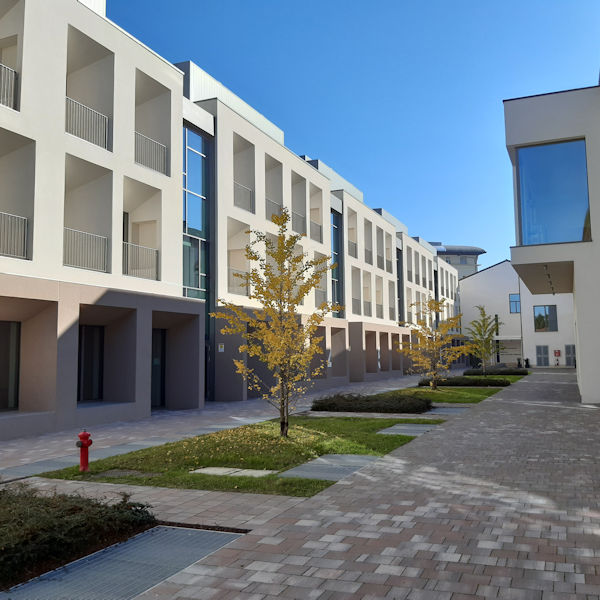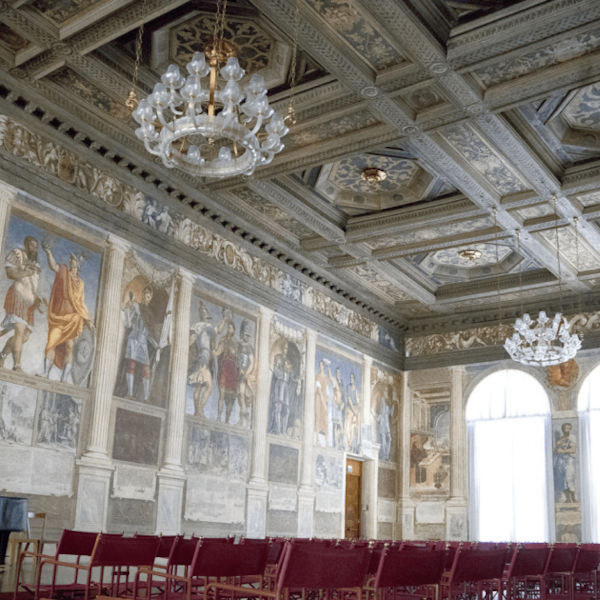About Us

A summer school of Italian culture in one of the oldest universities in the world. You will have the opportunity to immerse yourself in the language, culture and society of contemporary Italy, and engage with some major themes of its history: the Middle Ages of Dante, the Renaissance, the language of music, fashion and good food, but also cinema, theater and art.
In the first half of July, the University of Padua treats a selected group of University of Sydney students to a two-week intensive course filled with exciting initiatives. The program includes opportunities for learning and for socializing, as well as an intensive Italian language course. It also features a series of engaging lectures on the Italian artistic heritage followed by an immersive experience in the main places of artistic and natural interest in the area.
In order to consolidate global partnerships, the Department of Linguistic and Literary Studies and the Department of Cultural Heritage, in collaboration with the School of Languages and Cultures of the University of Sydney, aims to offer students a rich and stimulating learning experience on both the cultural and the human level.
Una scuola estiva di cultura italiana in una delle più antiche Università del mondo. L’occasione di immergersi nella lingua, nella cultura e nella società dell’Italia contemporanea, approfondendo nel contempo alcuni temi fondanti della sua storia: il Medioevo di Dante, il Rinascimento, la lingua della musica, della moda e della buona cucina, ma anche il cinema, il teatro e l’arte.
Nella prima metà di luglio l’Università di Padova propone ad alcuni studenti australiani di Sydney due settimane ricche di iniziative culturali in cui si alternano momenti di didattica e occasioni di incontro, un corso intensivo di lingua italiana e una serie di lezioni sul patrimonio artistico del Paese .
Il Dipartimento di Studi Linguistici e Letterari e il Dipartimento dei Beni culturali, in collaborazione con la School of Languages and Cultures dell’Università di Sydney, desiderano consolidare in questo modo la propria politica di promozione dell’internazionalizzazione, nella speranza di offrire ai propri ospiti un’esperienza ricca e stimolante sul piano culturale e umano.
